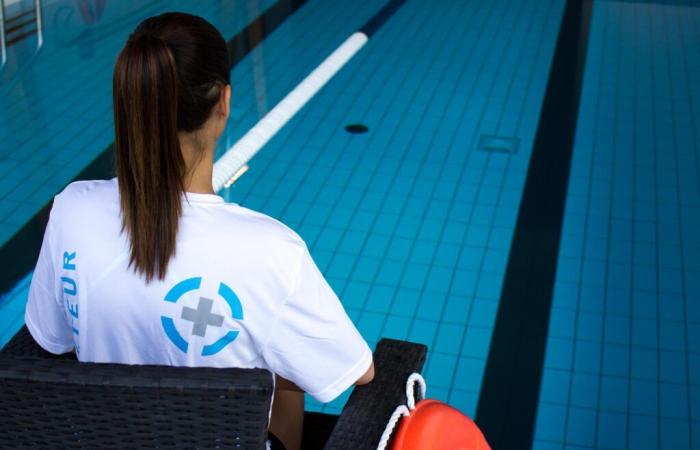By Richard Bernier, chairman of rescuer service
Quebec has made remarkable progress to prevent drowning. But today, a change proposed to the security code could put these achievements in danger. The Government of Quebec plans to withdraw the obligation to have rescuers in the pools of eight and more housing buildings. This choice, although inspired by a desire for simplification, is heavy with consequences.
collective pools are animated living environments, but also at risk. Without qualified presence, the dangers of drownings, risky behaviors linked to alcohol or drugs, and injuries during festive events increase considerably. Worse still, each incident that could be avoided by a rescuer on the spot will become a medical emergency, unnecessarily mobilizing first respondents, paramedics and hospital resources, already under high pressure.
A rescuer is not just an observer. He is a person trained to prevent, intervene and save lives in a few seconds. Deleting their presence amounts to weakening a vital safety net. It is also jeopardizing hundreds of qualified jobs for young people and committed adults, who thus acquire precious professional experiences.
It is crucial to recall that swimming pools in residential environments are not safe places. The absence of structured monitoring increases the risk, especially for young children and vulnerable people. A swimming pool can be as dangerous as a road without traffic lights.
-We understand the desire to adapt the regulations to new realities, but the solution chosen must protect public security first and foremost. We recommend that critical thresholds – for example the size of the basin or the number of users – are used to determine the surveillance requirements, rather than simply abolishing the obligation.
Quebec must continue to be a prevention model. Aquatic security is a collective commitment that has saved lives. Remove the rescuers is to reopen the door to dramas that we worked hard to avoid.
We therefore invite the government to review its position and guarantee that each collective swimming location offers suitable, efficient and accessible monitoring. Let’s not play with the life of Quebecers.
I like that:
I like loading…








